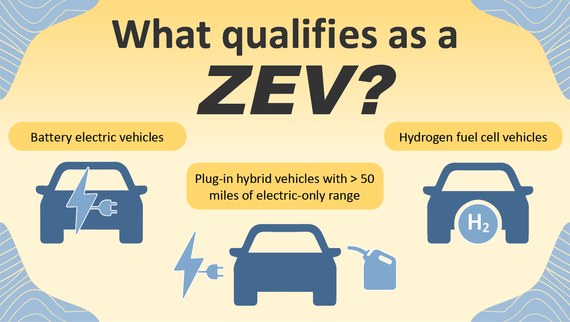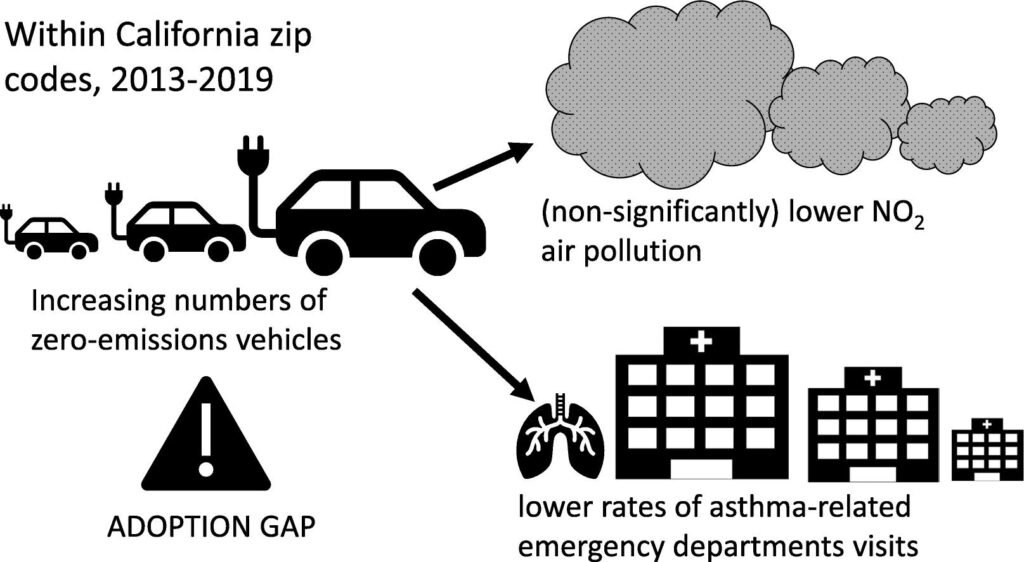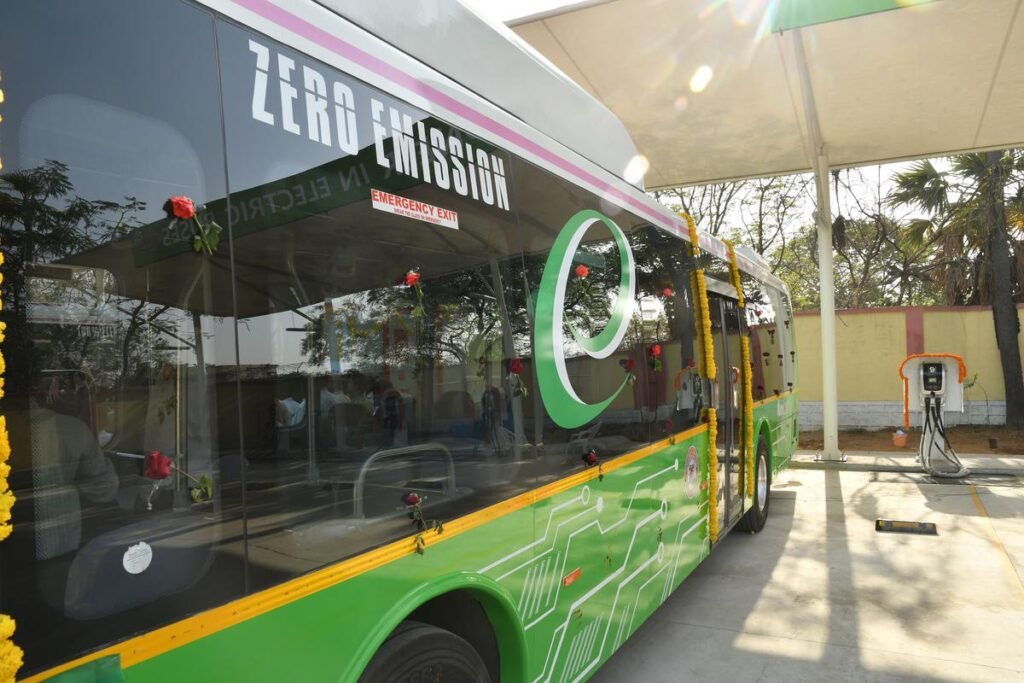Researchers at USC’s Keck School of Medicine discovered a correlation between higher usage of zero-emission vehicles (ZEVs) and improved air quality and public health in California in a new study.

This is one of the first studies to use real-world data to show that electric automobiles reduce both air pollution and respiratory disorders.
Every year, car pollution causes 4 million new instances of pediatric asthma. Electric cars with no emissions and less braking are intuitively capable of lowering such air pollution, but no real-world evidence had existed till this point but now we have one.
The current study analyzed data on the number of zero-emissions vehicles (ZEVs), ambient NO2 pollution, asthma emergency department visits, and population characteristics in 1,238 California zip codes for the 2013-2019 time period.

The results show that each increase of 20 zero-emissions vehicles per 1,000 people within a zip code reduced NO2 by 0.41 parts per billion in the air, and reduced asthma-related emergency visits by 3.2%, indicating an early transition to ZEVs in California has resulted in positive outcomes for both the environment and public health.
The report does, however, emphasize the ZEV adoption disparity in communities with poor educational attainment, which is a proxy for socioeconomic class.

The findings provide critical evidence for developing policies to promote a just and equitable transition to ZEVs, which will aid in mitigating the consequences of climate change and providing environmental and health advantages to all.
This is especially true at the state and municipal levels, since ZEVs’ environmental and public health advantages are extremely localized.
Reference- Journal Science of the Total Environment, Keck School of Medicine of USC Media Outreach, Clean Technica






